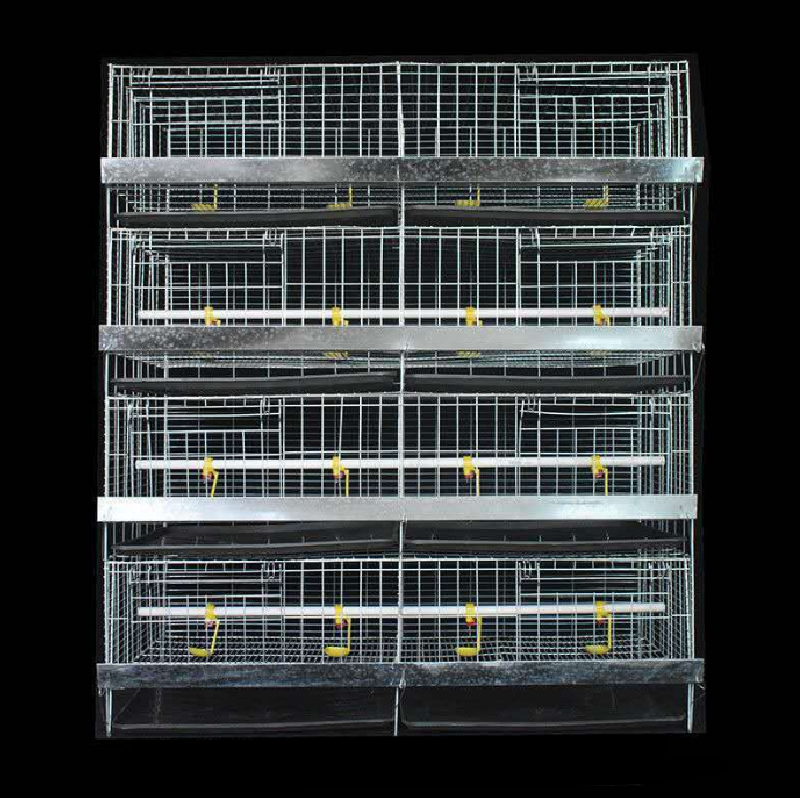outdoor pig pen
Nov . 05, 2024 09:41 Back to list
outdoor pig pen
The Benefits of Outdoor Pig Pens for Sustainable Farming
Farming practices have evolved significantly over the years, with a growing emphasis on sustainable methods that benefit both animals and the environment. One crucial aspect of this evolution is the design and management of pig pens. While traditional indoor pig housing has its advantages, outdoor pig pens are becoming increasingly popular among farmers for their numerous benefits.
Enhancing Animal Welfare
One of the primary advantages of outdoor pig pens is the enhancement of animal welfare. Pigs are inherently social and intelligent creatures that thrive in environments where they can express their natural behaviors. Outdoor pens provide ample space for pigs to roam, forage, and engage in social interactions. By allowing pigs to experience sunlight, fresh air, and a variety of textures, farmers can significantly improve the quality of life for their animals. This environment leads to reduced stress levels, resulting in healthier and more productive pigs.
Promoting Natural Behaviors
Outdoor environments encourage pigs to behave more naturally
. They can root in the soil, explore their surroundings, and engage in activities that are essential to their well-being. In an outdoor pig pen, pigs are able to form social hierarchies, establish territories, and interact with one another in ways that mimic their natural instincts. This not only contributes to their happiness but can also improve their overall health, as pigs are less likely to exhibit aggressive behaviors often seen in crowded indoor settings.Environmental Benefits
From an ecological standpoint, outdoor pig pens align with sustainable farming principles. These systems can promote better manure management, as pigs can be rotated through different areas of pasture, which helps prevent soil degradation. When pigs are allowed to roam outdoors, they help aerate the soil and promote organic matter breakdown, contributing to soil health. Furthermore, outdoor pig farming can reduce the need for chemical fertilizers, as pig manure can be naturally incorporated into the soil, enhancing its nutrient profile.
outdoor pig pen

Improved Meat Quality
Research has shown that pigs raised in outdoor pens often produce higher quality meat compared to their indoor-raised counterparts. The diet of outdoor pigs typically includes a variety of foraged items such as grasses, roots, and insects, which can enhance the flavor and nutritional profile of the meat. Additionally, outdoor environments allow for more physical activity, which can lead to the development of leaner muscle, improving the overall quality of the pork produced.
Economic Viability
Farmers may also find outdoor pig pens to be more economically viable in the long term. Although the initial investment in setting up outdoor systems can be higher, the health benefits for the pigs can lead to reduced veterinary costs and improved growth rates. Furthermore, consumers are increasingly interested in ethically sourced and high-quality meat products, often willing to pay a premium for pork from outdoor-raised pigs. This can create new marketing opportunities for farmers and potentially lead to higher profit margins.
Challenges and Considerations
Despite the numerous benefits, outdoor pig pens are not without their challenges. Farmers must consider factors such as weather conditions, fencing requirements, and predator management to ensure the safety and well-being of their pigs. Adequate shelter must be provided to protect pigs from extreme weather, and thoughtful planning is crucial to prevent overgrazing and land degradation.
Conclusion
Outdoor pig pens represent a sustainable and humane approach to pig farming that benefits both animals and farmers alike. By embracing outdoor environments, farmers can enhance animal welfare, promote natural behaviors, improve meat quality, and align their practices with ecological principles. While challenges exist, the advantages of outdoor pig pens make them a compelling choice for those committed to sustainable agriculture and ethical treatment of livestock. As the agricultural landscape continues to evolve, outdoor pig pens may well become the standard for responsible pig farming practices.
-
Hot Sale 24 & 18 Door Rabbit Cages - Premium Breeding Solutions
NewsJul.25,2025
-
Automatic Feeding Line System Pan Feeder Nipple Drinker - Anping County Yize Metal Products Co., Ltd.
NewsJul.21,2025
-
Automatic Feeding Line System Pan Feeder Nipple Drinker - Anping County Yize Metal Products Co., Ltd.
NewsJul.21,2025
-
Automatic Feeding Line System - Anping Yize | Precision & Nipple
NewsJul.21,2025
-
Automatic Feeding Line System - Anping Yize | Precision & Nipple
NewsJul.21,2025
-
Automatic Feeding Line System-Anping County Yize Metal Products Co., Ltd.|Efficient Feed Distribution&Customized Animal Farming Solutions
NewsJul.21,2025






